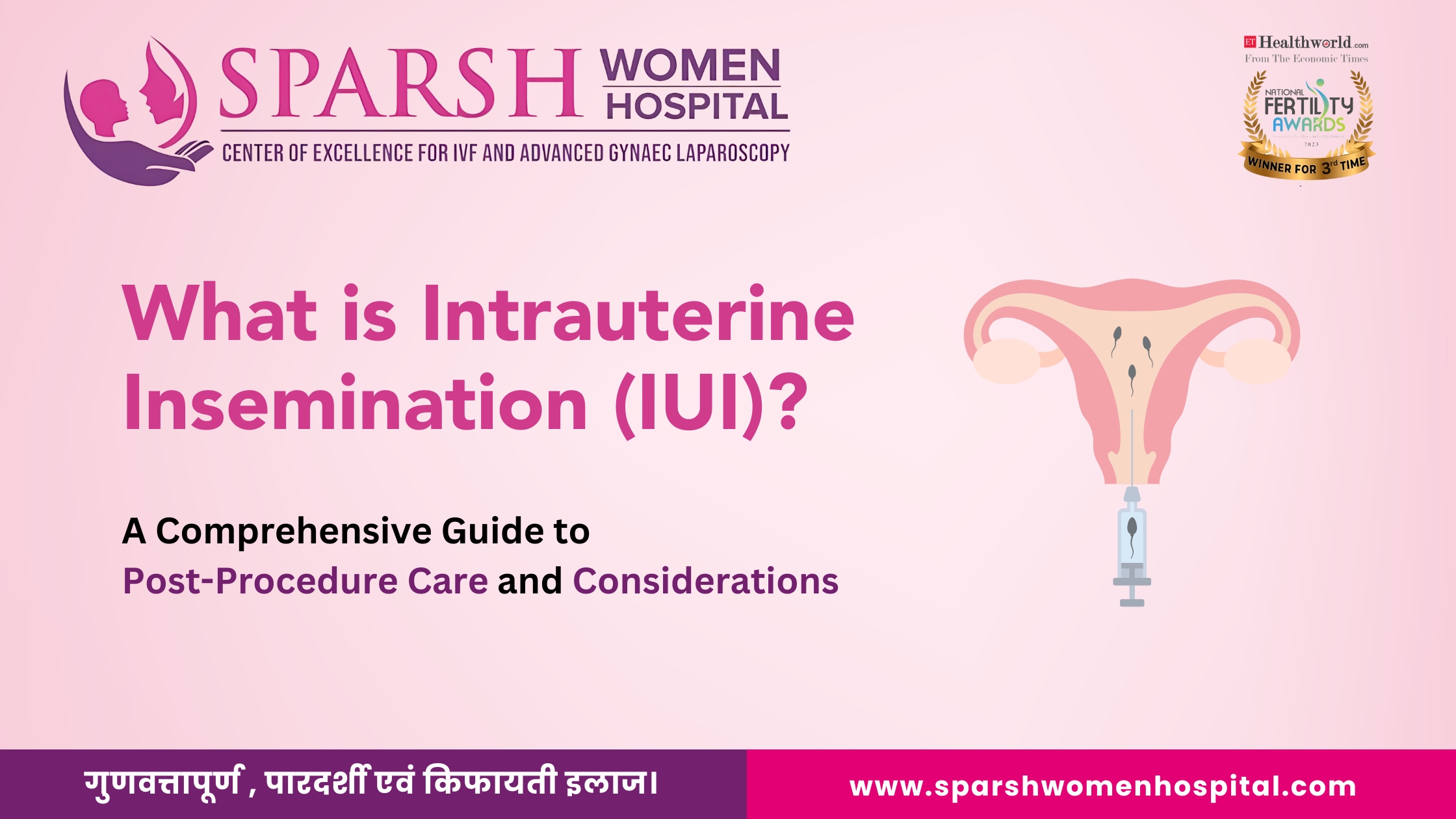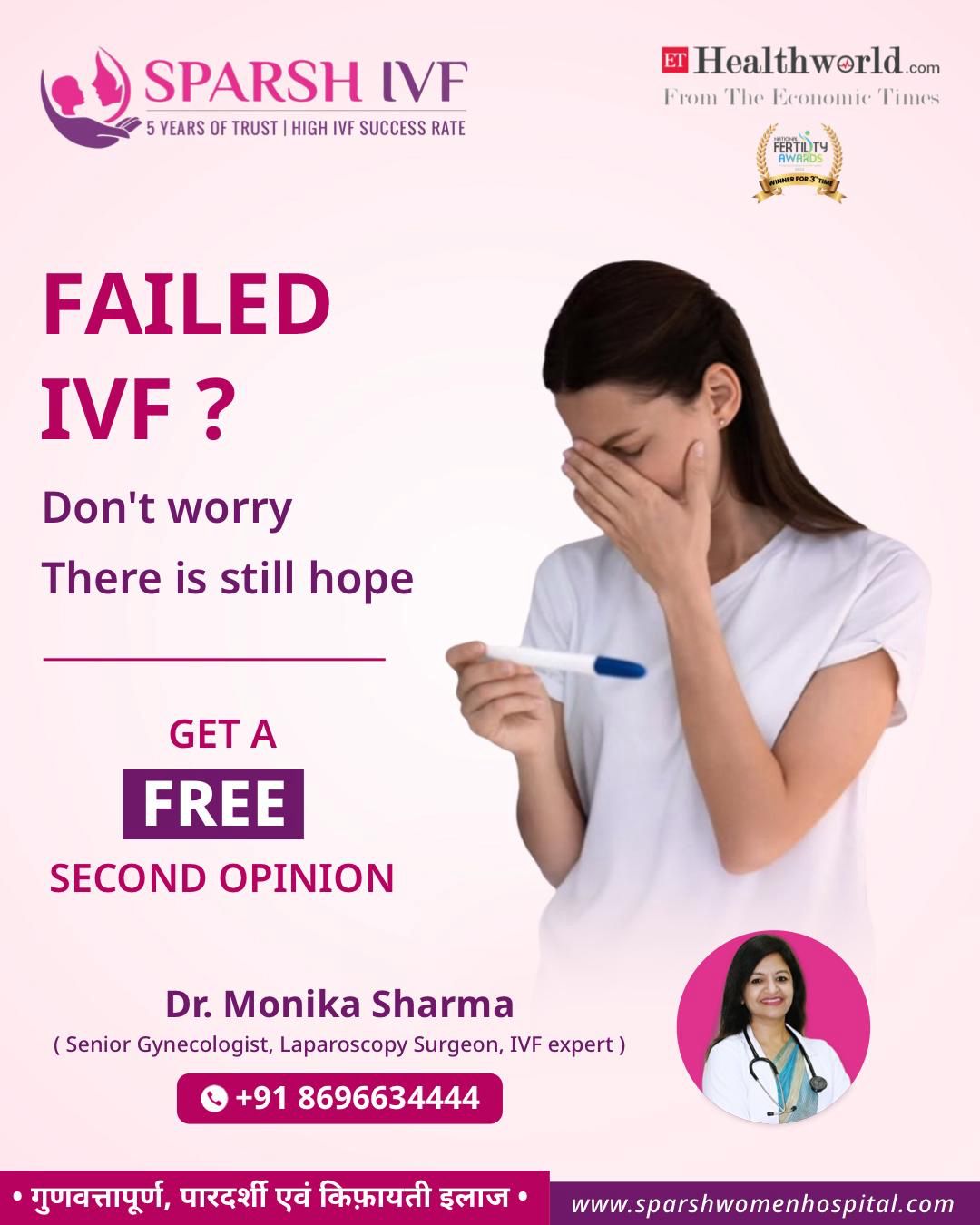
Intrauterine Insemination (IUI) : A Comprehensive Guide to Post-Procedure Care and Considerations
What is Intrauterine Insemination (IUI) ?
Intrauterine insemination (IUI), often referred to as artificial insemination, is a widely used fertility treatment that involves placing a concentrated amount of high-quality sperm directly into a woman’s uterus. This procedure is particularly beneficial for couples facing certain fertility challenges and is considered a less invasive and more affordable alternative to in vitro fertilization (IVF).
Why Might You Need IUI?
Your doctor may recommend IUI for a variety of reasons, particularly if you or your partner are experiencing fertility issues such as:
- Mild Male Factor Infertility (Subfertility): Male fertility issues such as low sperm count, poor sperm motility (movement), or abnormal sperm morphology (shape) can reduce the chances of natural conception. IUI helps by concentrating and introducing the healthiest sperm directly into the uterus.
- Ovulatory Factor Infertility: Women who experience irregular ovulation or anovulation (lack of ovulation) may benefit from IUI, especially when paired with ovulation induction medications to stimulate egg production.
- Unexplained Infertility: In cases where no specific cause for infertility is identified after extensive testing, IUI combined with ovulation induction medications is often the first line of treatment.
- Endometriosis-Related Infertility: Endometriosis is a condition where tissue similar to the lining of the uterus grows outside the uterus, affecting the pelvic organs and potentially leading to infertility. In such cases, IUI is often combined with ovulation-inducing medications to increase the chances of conception.
- Cervical Factor Infertility: Sometimes, the cervical environment can be inhospitable to sperm, preventing them from reaching the egg. Abnormalities in the cervix, such as thick mucus or scarring, can impede sperm movement. IUI bypasses the cervix, allowing sperm to be placed directly in the uterus, thereby increasing the likelihood of fertilization.
- Semen Allergy: Though rare, some women have allergic reactions to proteins in semen, making natural conception difficult. IUI removes these proteins, reducing the risk of an allergic reaction and facilitating pregnancy.
Things to Avoid After IUI
After undergoing IUI, it’s important to take specific precautions to maximize the chances of a successful pregnancy. Here are key things to avoid:
-
Strenuous Physical Activity: Engaging in intense exercise or heavy lifting can increase the risk of complications and may interfere with implantation. Light activities like walking are generally safe, but it’s best to avoid anything that strains the abdominal muscles.
-
Stress and Anxiety: Stress can negatively impact hormone levels and the chances of conception. Engage in relaxing activities such as meditation, deep breathing exercises, or gentle yoga to maintain a calm and positive mindset.
-
Hot Baths and Saunas: High temperatures can potentially affect the process of implantation. It’s advisable to avoid hot baths, saunas, and hot tubs after IUI.
After IUI Care
Proper care after IUI can significantly influence the outcome of the procedure. Here’s what you should consider:
-
Rest: While complete bed rest is not necessary, taking it easy for the first few days after the procedure is recommended. This helps the body recover and can support the implantation process.
-
Dietary Considerations: A balanced diet rich in fruits, vegetables, whole grains, and lean proteins can support reproductive health. Foods high in folic acid, iron, and antioxidants are particularly beneficial.
-
Hydration: Staying well-hydrated is important for overall health and can aid in the implantation process. Aim to drink at least 8-10 glasses of water a day.
-
Medications: If your doctor has prescribed medications such as progesterone, it’s crucial to take them as directed. These medications support the uterine lining and help in maintaining early pregnancy.
Can I Travel After IUI?
Traveling after IUI is generally considered safe, but it’s essential to consider a few factors:
-
Timing: Avoid long journeys immediately after the procedure. Resting for at least 24-48 hours post-IUI is recommended to give your body the best chance for implantation.
-
Comfort: If you must travel, make sure to do so comfortably. Avoid stressful situations, and if traveling by plane, ensure you stay hydrated and take frequent breaks to stretch.
-
Consult Your Doctor: Before making any travel plans, consult your fertility specialist to ensure that your specific circumstances won’t be negatively impacted by travel.
After IUI: What to Do Next?
The two-week wait (TWW) after IUI can be a challenging time filled with anticipation. Here are some steps to take during this period:
-
Monitor Symptoms: Pay attention to any changes in your body, but keep in mind that symptoms such as bloating, cramping, or breast tenderness can be caused by the medications used during the cycle or by early pregnancy.
-
Avoid Early Pregnancy Tests: Testing too early can lead to inaccurate results, which can be emotionally distressing. It’s best to wait until your doctor recommends taking a pregnancy test.
-
Follow Up with Your Doctor: A follow-up appointment will typically be scheduled about two weeks after IUI. This visit will include a blood test to determine if the procedure was successful.
Precautions to Be Taken After IUI
Taking specific precautions can help optimize the chances of a successful pregnancy after IUI:
-
Avoid Alcohol and Smoking: Both alcohol and smoking can negatively affect fertility and should be avoided after IUI to increase the chances of implantation and a healthy pregnancy.
-
Limit Caffeine: High levels of caffeine intake have been linked to fertility issues. Limit your intake to one cup of coffee or its equivalent per day.
-
Avoid Self-Medication: Only take medications that have been prescribed or approved by your doctor. Some over-the-counter medications can interfere with fertility treatments.
No Symptoms After IUI: What Does It Mean?
It’s common for women to worry if they don’t experience symptoms after IUI, but the absence of symptoms does not necessarily indicate that the procedure was unsuccessful. Many women have become pregnant after IUI without experiencing any early signs. Patience is key during this waiting period.
Intercourse After IUI
Whether to engage in intercourse after IUI is a common concern:
-
Is It Safe?: Intercourse is generally safe after IUI unless your doctor advises against it. In fact, some studies suggest that it might even increase the chances of conception by enhancing sperm motility.
-
Timing: If you choose to have intercourse, it’s best to wait 24-48 hours after the procedure to allow for optimal conditions for sperm and egg interaction.
Implantation After IUI
Implantation is a critical phase in the journey to pregnancy:
-
Timing: Implantation typically occurs 6-12 days after IUI. During this time, the fertilized egg attaches itself to the uterine lining, a crucial step in the establishment of pregnancy.
-
Supporting Implantation: Following the aftercare advice provided by your doctor, maintaining a healthy lifestyle, and staying calm and positive can all contribute to a successful implantation process.
Implantation Symptoms After IUI
Some women may experience symptoms related to implantation, though not everyone does. These can include:
-
Mild Cramping: Light cramping can occur as the embryo attaches to the uterine lining.
-
Spotting: Sometimes referred to as “implantation bleeding,” this light spotting can occur when the embryo implants in the uterus. It is usually very light and short-lived.
-
Breast Tenderness: Hormonal changes after implantation can cause breasts to feel tender or swollen
Success Rate Of IUI
On average, the success rate of IUI varies between 10% and 20% per cycle. However, for optimal candidates—women under 35, with good ovarian function and healthy sperm—the chances of success can be higher. For couples who undergo multiple IUI cycles, the cumulative success rate increases.
-
Under 35 years old: Approximately 10-20% per cycle
-
35-37 years old: Approximately 8-10% per cycle
-
38-40 years old: Approximately 5-7% per cycle
-
Over 40 years old: Less than 5% per cycle
While IUI can be a highly effective fertility treatment for many couples, its success depends on multiple factors such as age, sperm quality, timing, and overall health. For couples who are good candidates, the procedure offers a less invasive option to achieve pregnancy. However, in cases where IUI may not be successful after multiple attempts, other assisted reproductive technologies might be explored.
Please contact us for more details : info@sparshwomenhospital.com
Call: +91 7878305787 | +918696634444



Post Your Comment